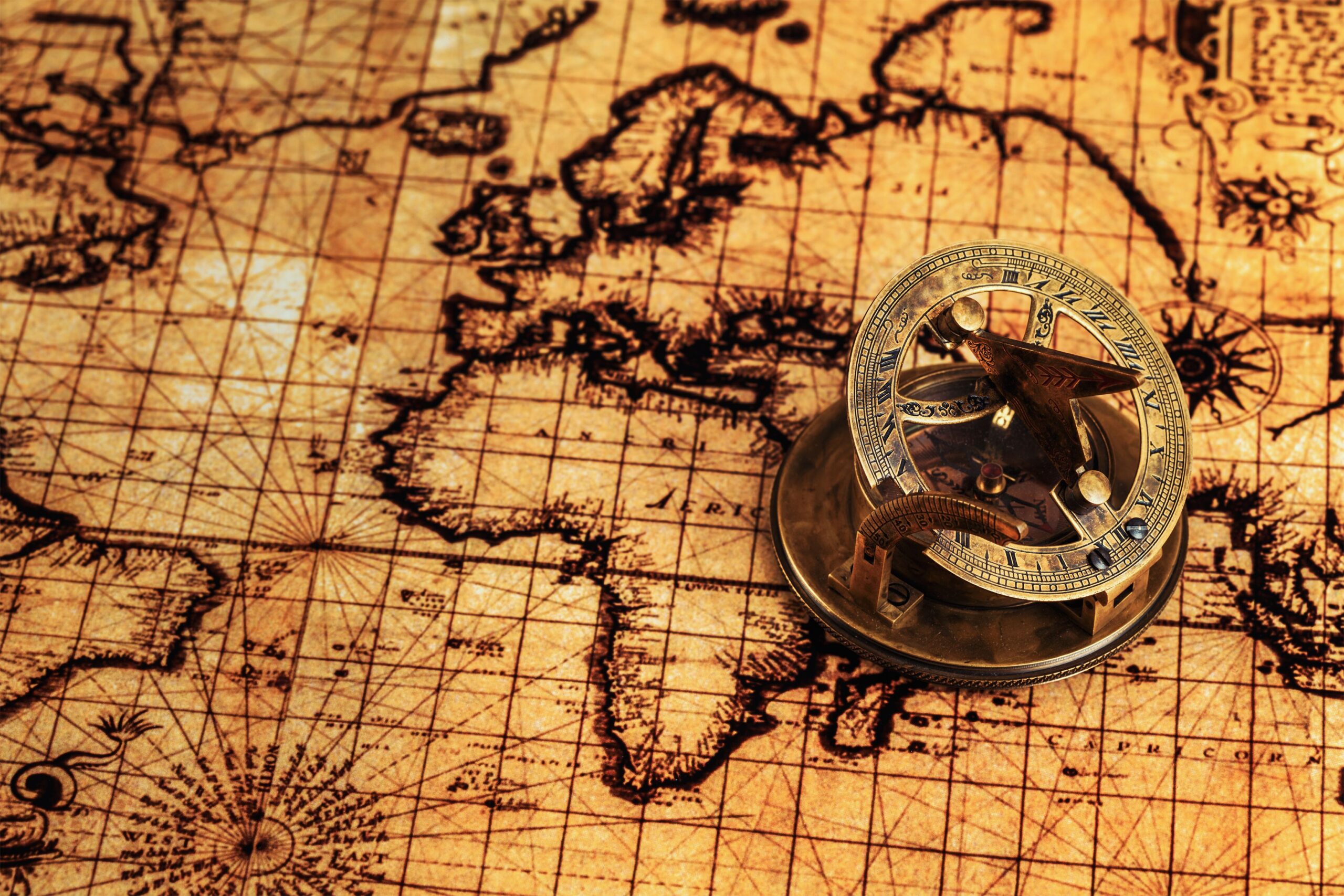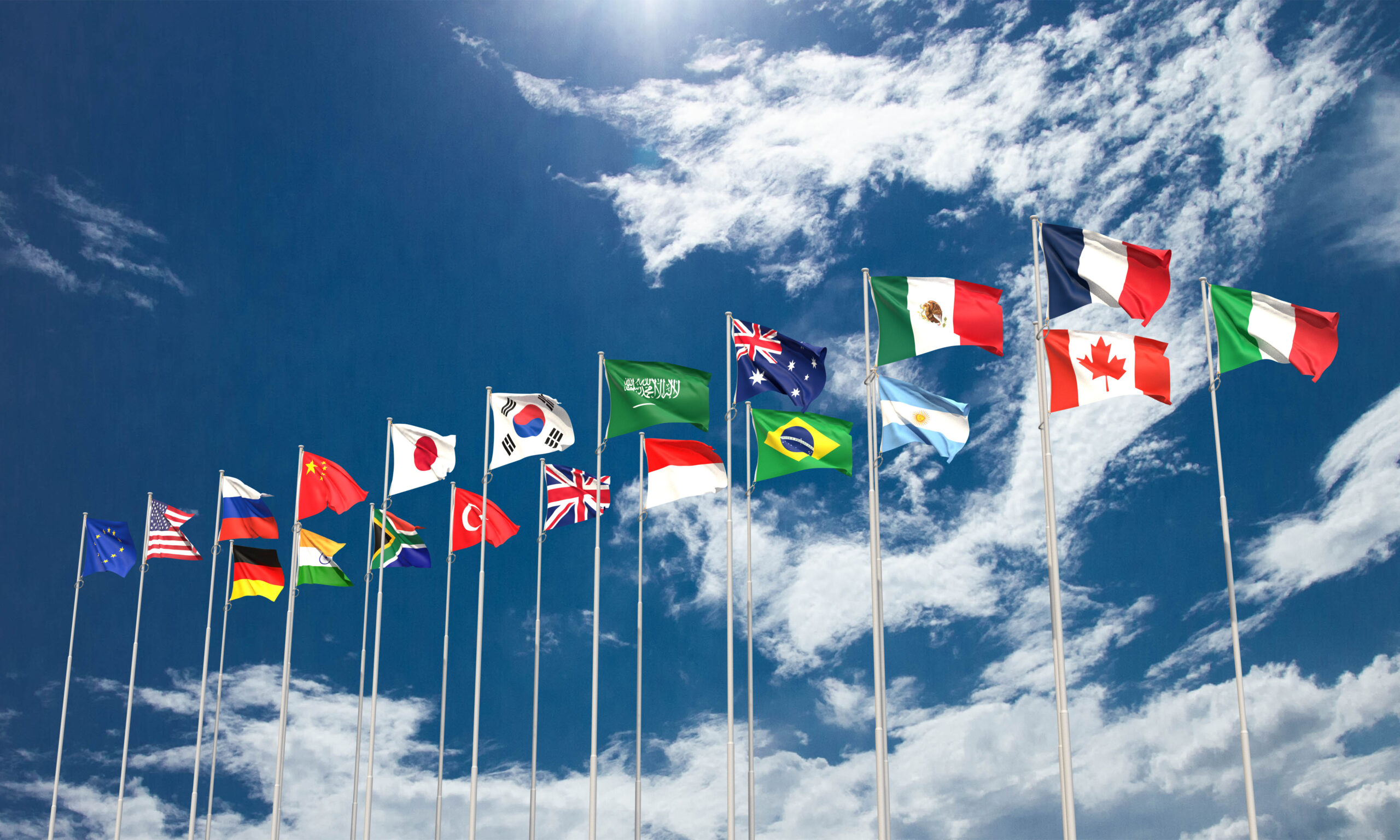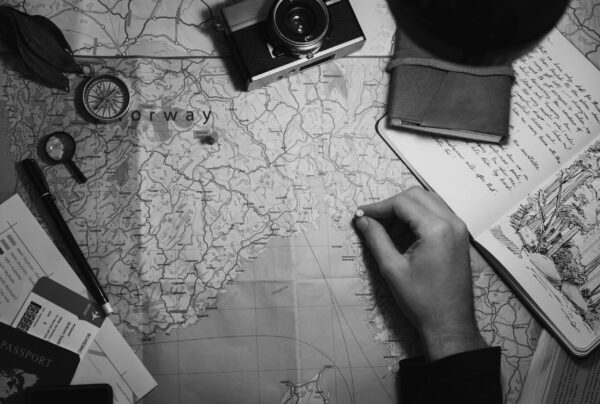Imaginez que vous naviguez sur vos réseaux sociaux et que vous tombez soudainement sur une information qui, à première vue, vous semble complètement irréelle. Par exemple, que votre pays n’est pas un pays, mais une société enregistrée dans un registre du commerce. Cela semble étrange, n’est-ce pas ?
Et en effet, si vous consultez certains sites web, vous pouvez trouver des informations montrant que même un pays comme la France est enregistré comme une entité juridique normale avec son propre numéro SIRET. Alors, qu’est-ce que cela signifie ? Cela signifie-t-il que la France, l’Allemagne, les États-Unis et la plupart des pays du monde ne sont pas des États, mais des projets d’entreprise ?
À première vue, cela semble absurde, mais analysons la situation plus en détail.
L’État en tant qu’entreprise
Il est facile de trouver sur Internet des documents prouvant que de nombreux pays sont officiellement enregistrés dans des registres commerciaux internationaux. Leurs gouvernements, leurs ministères et même leurs tribunaux sont également des entités juridiques soumises au droit commercial et maritime. Pourquoi au droit maritime ? Parce qu’il a historiquement réglementé le commerce international et les litiges commerciaux.
La question se pose alors : si l’État est une entreprise, qui sommes-nous, nous, les citoyens ordinaires ?
C’est là que les choses deviennent intéressantes. Selon cette théorie insolite, à la naissance, une personne reçoit non seulement un nom, mais aussi un « nom commercial », une sorte d’étiquette de produit. Cette « étiquette » est liée à votre certificat de naissance, votre passeport et d’autres documents qui confirment votre « valeur » en tant que citoyen et contribuable.
Ne vous précipitez pas pour sourire ou lever les yeux au ciel : cette théorie peut sembler étrange, mais elle a de nombreux partisans, notamment aux États-Unis et en Europe. Les gens pensent que, de cette manière, l’État utilise ses citoyens comme des ressources qui sont obligées de payer des impôts, de suivre des instructions et d’obéir aux règles du système.
Est-il possible de s’en libérer ?
Imaginez maintenant qu’il existe un moyen de vous débarrasser de ce « nom commercial » et de retrouver votre statut de personne totalement libre et souveraine. Les partisans de cette approche affirment que cela est possible grâce à un système appelé « tribunal de droit coutumier ».
Il est important de préciser que le droit coutumier est le droit traditionnel anglais fondé sur des précédents et des principes de justice naturelle, et non sur des lois inventées par des bureaucrates.
L’idée est qu’une personne se déclare souveraine et se retire de la juridiction de l’État commercial. De cette manière, elle n’est plus tenue d’obéir aux lois avec lesquelles elle n’est pas d’accord, y compris les procédures médicales obligatoires, les impôts, les amendes ou les services sociaux.
Cela semble incroyable, mais de plus en plus de personnes dans le monde entier choisissent cette voie.
L’idée d’obtenir la souveraineté
Pendant la pandémie de COVID-19, de nombreuses personnes ont pris conscience que leur liberté personnelle était sévèrement restreinte par l’État. Les vaccinations obligatoires à grande échelle, les codes QR, les restrictions de mouvement et la fermeture des commerces ont contribué à une méfiance croissante envers les institutions gouvernementales.
Les gens avaient le sentiment que l’État s’immisçait trop dans leur vie, souvent sans justification.
C’est pourquoi le concept de souveraineté et de libération du contrôle de l’État a pris un nouvel élan. Il s’agit d’une réaction de la société à l’ingérence excessive du gouvernement dans la vie privée, qui est devenue particulièrement évidente ces dernières années.
Comment cela fonctionne-t-il dans la pratique ?
Pour devenir une « personne souveraine », il faut enregistrer son « vrai nom » auprès d’un tribunal de droit coutumier. En substance, on notifie officiellement à l’État que l’on n’est plus sa « propriété » et que l’on ne reconnaît pas être soumis à ses lois si celles-ci violent les droits individuels.
Les partisans affirment que cela permet d’obtenir une protection juridique contre l’arbitraire de l’État et de refuser des mesures coercitives telles que la vaccination obligatoire ou d’autres procédures médicales pour soi-même et pour ses enfants. Cela leur permet de préserver leurs libertés individuelles et de se protéger contre l’arbitraire de l’État.
Cependant, cela présente un inconvénient.
Conséquences possibles
Bien sûr, il est séduisant de rejeter le fardeau des impôts, des amendes et des bureaucrates. Mais il est important de comprendre que de telles actions ont des conséquences :
- Insécurité juridique : il est possible que les organismes gouvernementaux ne reconnaissent pas votre statut d’individu souverain, ce qui vous causera des difficultés dans votre vie quotidienne.
- Isolement social : le refus de s’identifier auprès des organismes gouvernementaux peut entraîner la perte de prestations sociales (retraites, assurances, aide sociale).
- Problèmes de circulation et de déplacement : pour voyager à l’étranger, vous avez besoin de documents reconnus par les autorités officielles et, sans eux, vous ne pouvez tout simplement pas quitter le pays.
Quiconque décide de suivre cette voie doit tenir compte de ces points.
Qu’avons-nous au final ?
En résumé :

- Les États peuvent s’enregistrer en tant que sociétés commerciales.
- Dans ce système, les citoyens sont traités comme des ressources soumises au droit commercial.
- Il existe un mouvement qui prône l’abandon de ce système par la reconnaissance de soi en tant qu’individu souverain.
- Cette solution présente des caractéristiques attrayantes, mais aussi des risques et des inconvénients évidents.
Notre tâche n’est pas de vous persuader de prendre une décision concrète, mais de vous informer de l’existence de cette approche. Dans la partie suivante, nous examinerons plus en détail les arguments des partisans et des détracteurs de la « souveraineté » et nous vous proposerons des conclusions qui vous permettront de décider par vous-même s’il vaut la peine d’aller dans cette direction.
En attendant, finissez votre café, posez votre téléphone et demandez-vous si vous aimeriez vous réveiller un jour complètement libre de toute obligation envers l’État et si vous êtes prêt à assumer les conséquences d’une telle décision.

